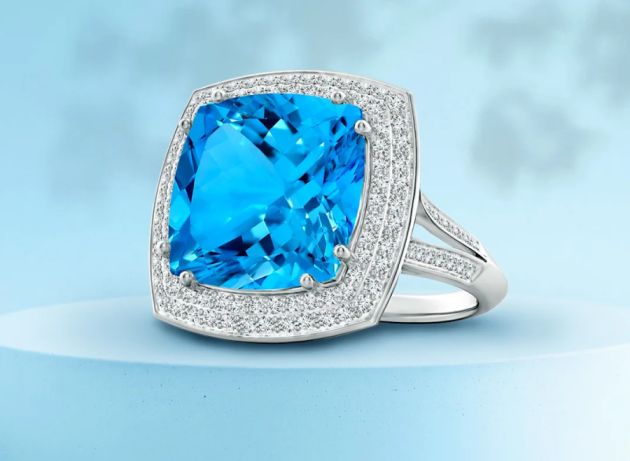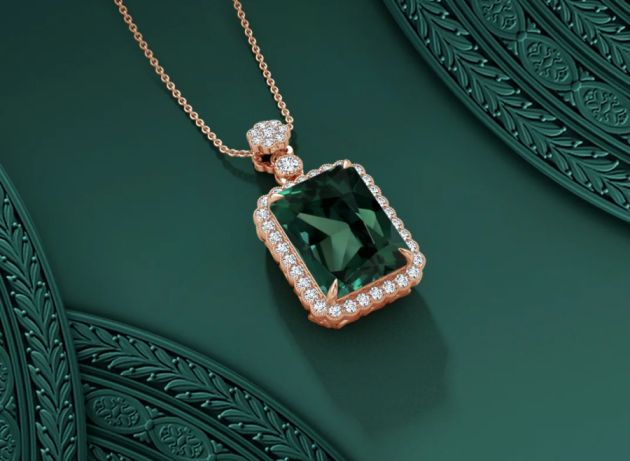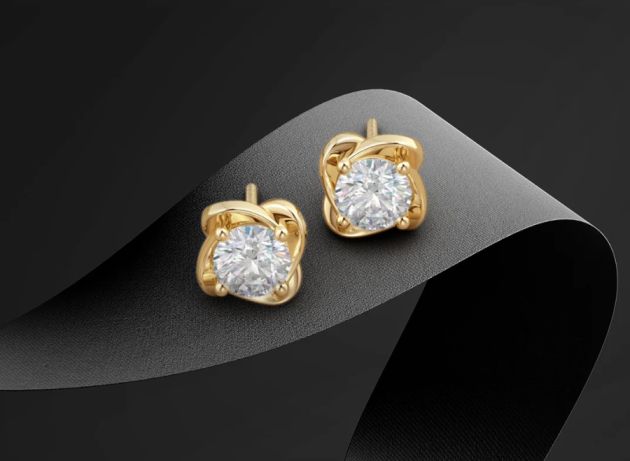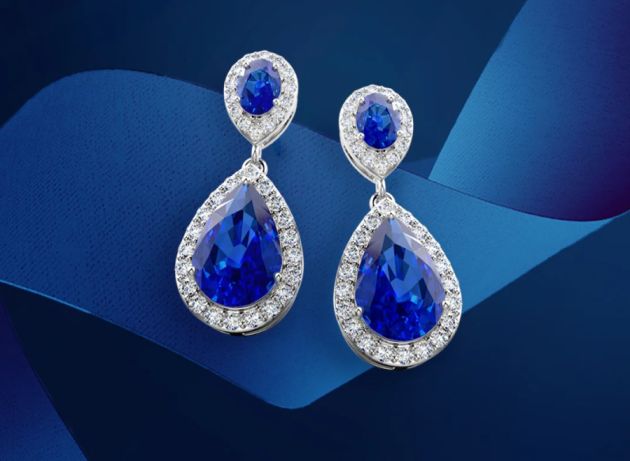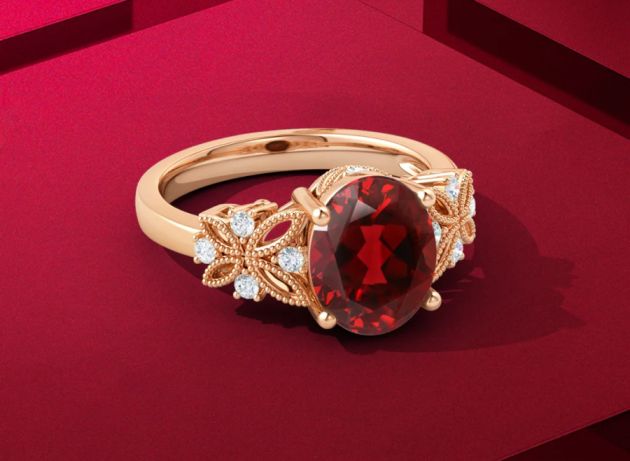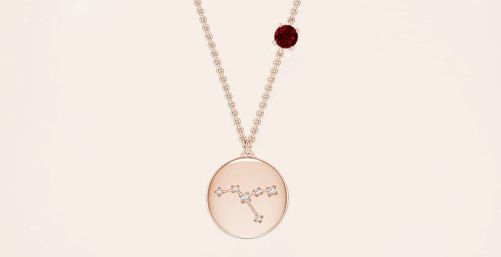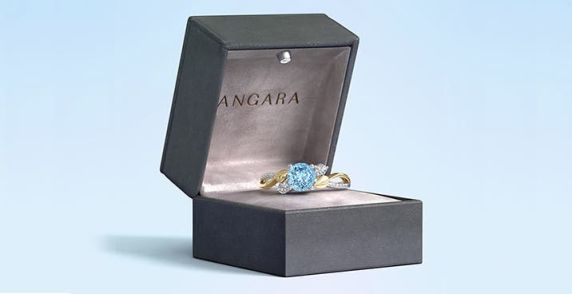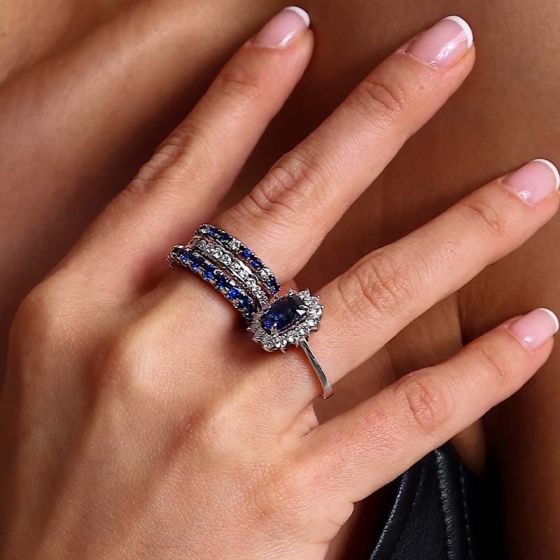If you’ve ever wondered about the value of that diamond engagement ring passed down through generations in your family or want to gauge the value of a more recent purchase, jewellery appraisal is the key to understanding your sparkler’s true worth. Getting an appraisal reveals the story behind your piece, its current market value and potential for long-term appreciation. Here’s everything you need to know about jewellery appraisals and why they matter.
Why Get Your Jewellery Appraised?
First things first, why should you even consider getting your jewellery appraised? Here are a few excellent reasons why:
1. Insurance Purposes
Jewellery insurance may not be the most glamorous thing to consider, but it’s a must if you want peace of mind. Whether it’s for precious engagement rings or valuable family heirlooms, an appraisal is crucial when filing an insurance claim for loss, theft or damage. Without it, insurers may underestimate the value, leaving you short on coverage.
2. Resale Value
Knowing the resale value of your piece through an appraisal can help you make informed decisions when selling it.
3. Estate Planning
Appraisals are also key in estate planning and for tax purposes, especially when you want to fairly distribute valuable items among family members.
4. Sentimental Worth Meets Real Worth
We all know the emotional value of a piece. But getting an appraisal puts an actual number to your jewellery’s worth in the market—just in case you ever wondered what you’d be letting go of if you parted with it.
Types of Jewellery Appraisals
Not all appraisals are the same and choosing the right one depends on your needs. Let’s break down the main types:
1. Insurance Appraisal
Jewellery appraisal for insurance is the most common type of appraisal. It evaluates the replacement cost—essentially, what it would cost to recreate or replace the jewellery with something comparable. This amount is often a bit higher than the actual market value because it covers the full retail price of the piece.
2. Fair Market Value Appraisal
Fair market value, often used for estate settlements and resale purposes, considers what you might pay for the piece in a private sale. This is typically lower than the insurance value, as it takes into account the fact that buyers (and sellers) are looking for fair deals, not retail markups.
3. Liquidation Appraisal
When time is of the essence—think divorce, bankruptcy or urgent need for funds—a liquidation appraisal might be in order. This value is generally the lowest, as it assumes a “quick sale” scenario.
The Appraisal Process: What to Expect
So, you’ve decided to take the plunge and get your jewellery appraised. Great! But what does this process look like? Here’s a short breakdown for you.
1. Finding the Right Appraiser
A trustworthy, certified appraiser is key. Look for credentials from recognised organisations like the Gemological Institute of America (GIA) or the American Society of Appraisers (ASA). Your appraiser should ideally have no vested interest in buying your piece; an independent appraiser ensures there’s no conflict of interest.
2. Documentation and Description
Bring any receipts, certificates or prior appraisals to your appointment. The appraiser will assess the piece in detail, noting characteristics like the metal, gemstone, weight, clarity and cut. This meticulous documentation is important to ensure a thorough, transparent appraisal.
3. The Inspection
The appraiser will use tools like a jeweller’s loupe, microscope and diamond tester to determine specifics. They’ll examine for hallmarks (markings indicating metal type or origin), assess gem quality, and evaluate craftsmanship. Depending on the complexity, an appraisal can take anywhere from 30 minutes to a couple of hours.
4. Determining Value
Your appraiser will look at the current market conditions, the intrinsic value of materials and even design trends to arrive at a fair value. The final document will include all of these details, plus the appraised value based on the type of appraisal you need.
Common Misconceptions about Jewellery Appraisals
When it comes to jewellery appraisals, there are a few myths that deserve debunking.
- Appraised Value = Selling PriceNot quite. The appraisal is just an estimate. The actual selling prices can differ based on market conditions, demand and selling platform.
- An Appraisal Lasts ForeverGiven that precious metal and gemstone prices fluctuate, appraisal values don’t stay static. A new appraisal every few years keeps you up-to-date.
- All Appraisers Are the SameAs with any profession, appraisers come with varying levels of expertise. Always opt for a certified, independent appraiser with a good reputation.
Tips for Maximising Your Jewellery’s Appraised Value
While the appraisal process is largely objective, there are a few ways to make sure your jewellery shines as brightly on paper as it does in real life.
1. Polish and Clean
It sounds simple, but cleaning your jewellery can make it look its best and even help the appraiser see it more accurately.
2. Know What’s Trending
Trends in jewellery can influence value, particularly for estate or vintage pieces. Pieces that were highly fashionable a few decades ago might hold a higher value today. Your appraiser can sometimes account for this, but a little research beforehand can go a long way.
3. Update Regularly
Because market conditions fluctuate, it’s wise to update your appraisals every few years. This way, you’re not left with outdated values that could impact insurance claims or resale offers.
FAQs
1. How often should I get my jewellery appraised?
It’s generally recommended to update your appraisal every 2-5 years. Changes in the market value of metals and gemstones, as well as wear and tear on the piece, can affect its appraised value.
2. How much does a jewellery appraisal cost?
Appraisal costs vary but typically range between $100 to $200 per item, depending on the complexity of the piece and the appraiser’s expertise.
3. What is the difference between an appraisal and a certification?
An appraisal provides a monetary value based on the jewellery’s current market worth, while certification (such as a diamond certificate) documents the gemstone’s characteristics (e.g., cut, colour, clarity and carat) but doesn’t assign value.
